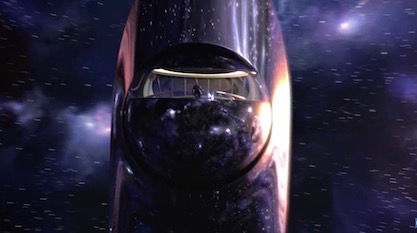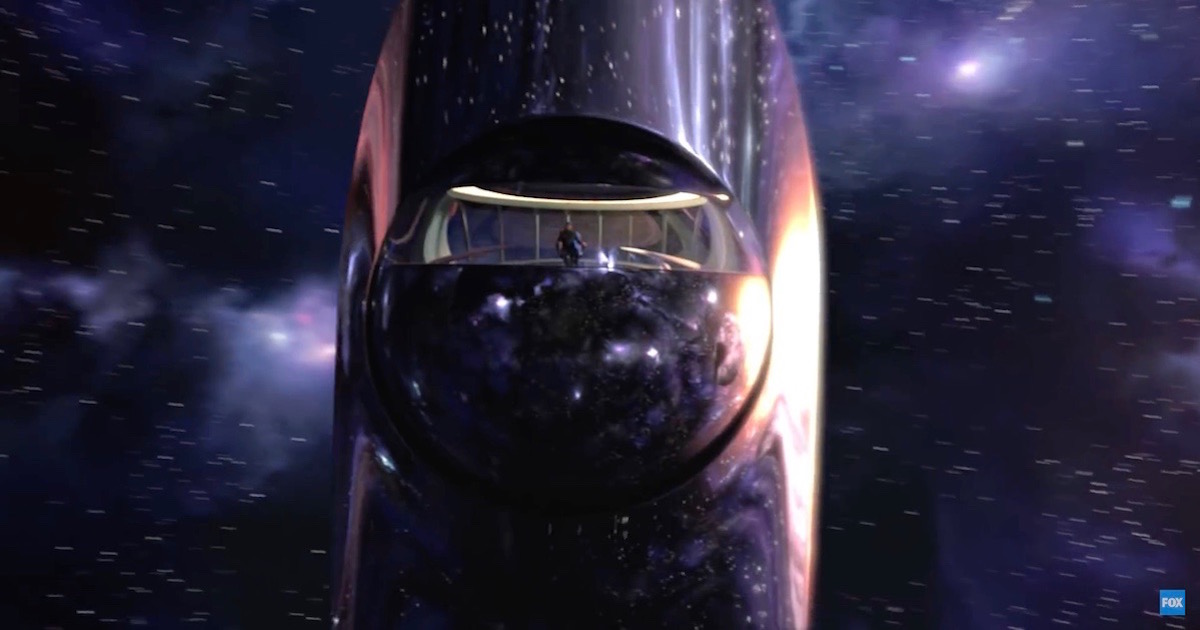 Physics, Earth & Space
Physics, Earth & Space
Fun! Cosmos and 2015 Censor of the Year Neil deGrasse Tyson Get a Second Season


When I say this is the best news I’ve heard all morning, I’m being sincere. The Cosmos series with Neil deGrasse Tyson did such a formidable job of airbrushing science that runs counter to materialist assumptions that Dr. Tyson, for his work, won our 2015 Censor of the Year award. Yet I also remember the fun we had covering the 2014 series and raking it over the coals.
So yes, I’m delighted to hear that Tyson has been given a green light from Fox and National Geographic for a second season, coming in 2019:
Following a wildly successful run in 2014 as the most-watched series ever on National Geographic Channels internationally, and seen by more than 135 million people worldwide on National Geographic and FOX, the new season will once again premiere in the U.S. on both FOX and National Geographic and globally on National Geographic in 171 countries and 43 languages.
In the vastness of space and the immensity of time, the number of worlds to explore and stories to tell are virtually infinite. The first two seasons of the COSMOS television series transported a global audience to the farthest reaches and most deeply hidden recesses of the universe. In the course of those journeys, the series dramatized the lives of many of the forgotten searchers who contributed to the world’s understanding of who, when and where we are in the universe. COSMOS: POSSIBLE WORLDS will venture to previously uncharted territories.
In conjunction with the launch of the new season, National Geographic Books also will publish a companion book, COSMOS: POSSIBLE WORLDS, by Ann Druyan, the long-awaited follow-up to Carl Sagan’s international bestseller, COSMOS: A Personal Voyage.
Is “possible worlds” a reference to the hypothesized multiverse, the materialist’s go-to prophylactic against bothersome evidence of cosmic fine-tuning?
They offer a brief teaser:
We gathered together our criticism of the 2014 series in a Discovery Institute Press book, The Unofficial Guide to Cosmos: Fact and Fiction in Neil DeGrasse Tyson’s Landmark Science Series, with contributions from Casey Luskin, Jay W. Richards, Douglas Ell, and myself. It was edited and published with the knowledge that many school teachers would be making use of Cosmos as a classroom “resource,” and hence students, parents, and other viewers would appreciate a different and objective perspective.
In announcing Tyson’s recognition as Censor of the Year, we predicted back in 2015:
Tyson broadcast his photoshopped narrative of science to millions. That alone wins him our nod as 2015 Censor of the Year. He also stands out, though, for further dubious achievements. As others have documented, lead by Sean Davis at The Federalist, Neil Tyson is a fabulist. He’s been caught multiple times bending and stretching the truth in a variety of contexts.
Despite his confirmed slipperiness, his prestige as the popular face of science in America remains undimmed. He’ll go on to tell his distorted story again, and again, and again, you can be sure.
And we were right. So the fabulist Dr. Tyson returns, and we commit ourselves in advance to being there to watch and check his facts.
By the way, have you sent us your nominations for 2018 Censor of the Year? It’s not too late. You can do it by contacting us here. The winner will be announced in time for Darwin Day, aka Academic Freedom Day, which falls as always on February 12.
Image: Via Fox/YouTube.
